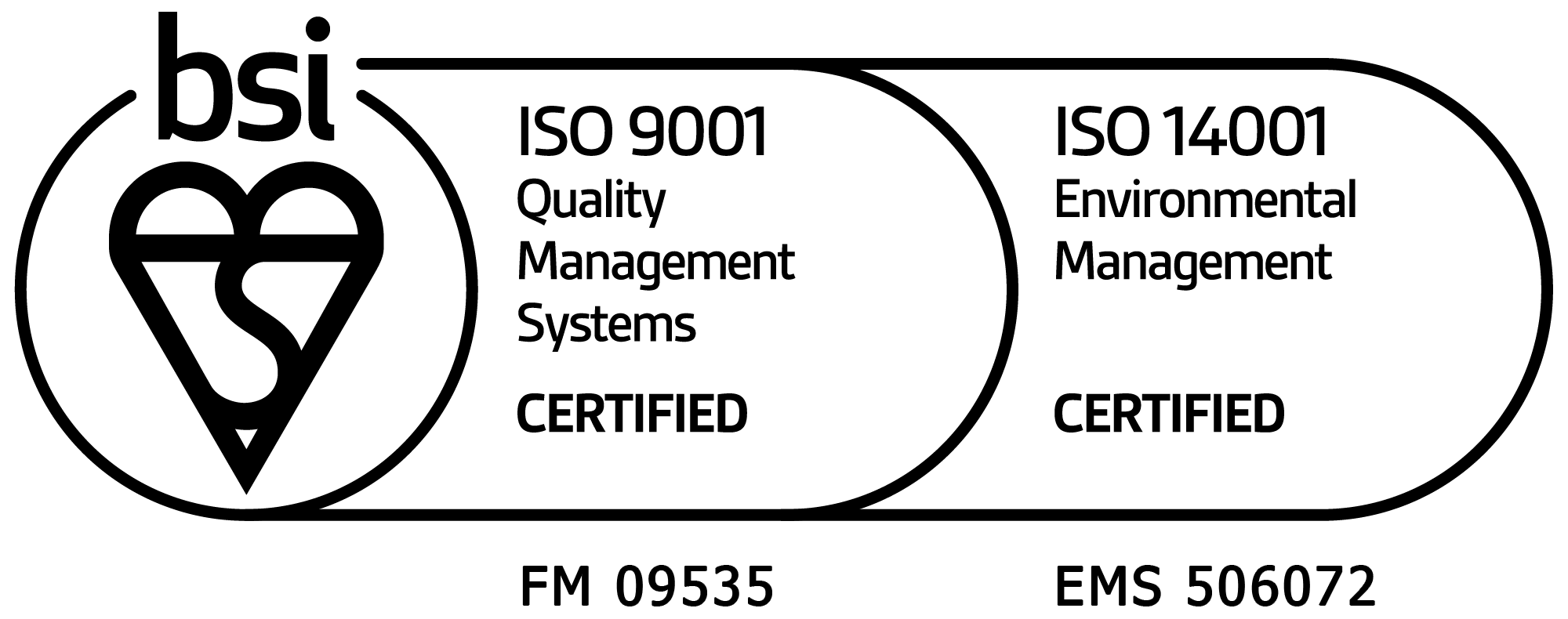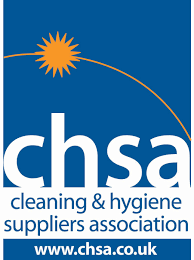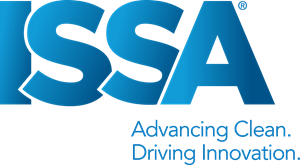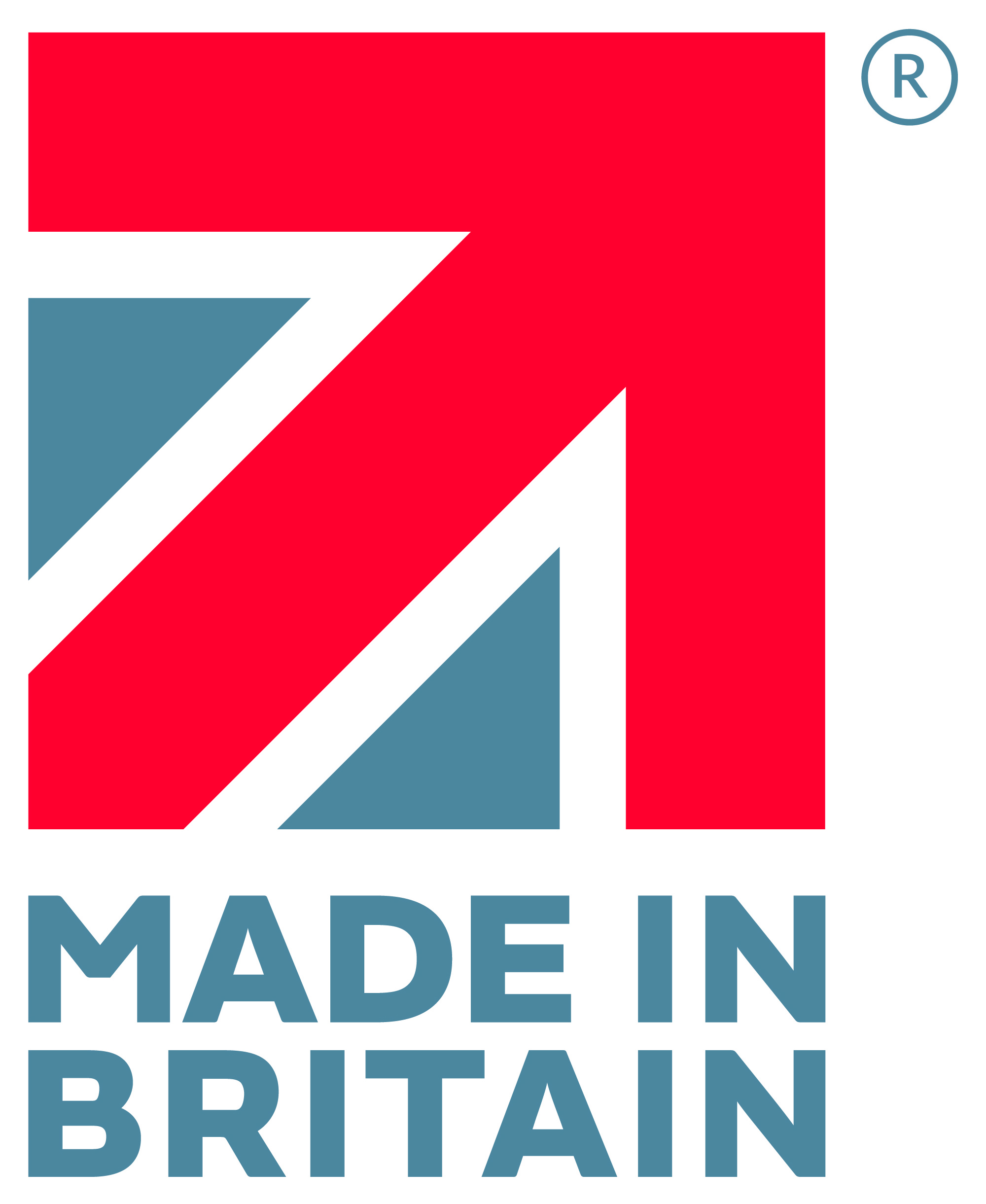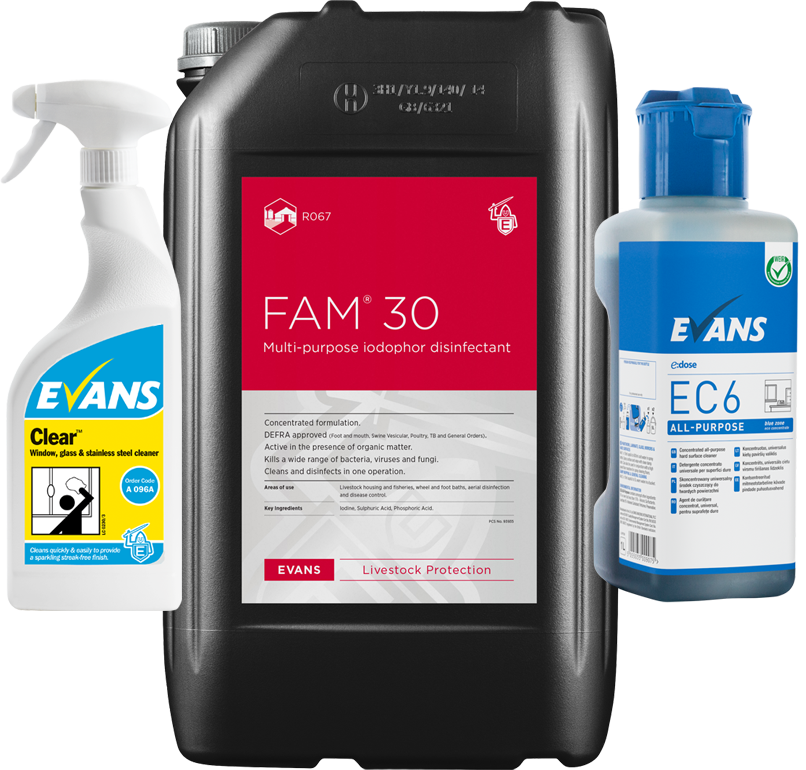13 July 2020
It goes without saying that our industry knows the importance of cleaning and hygiene, but the Coronavirus pandemic has now highlighted this importance to others. Disinfecting surfaces and washing and sanitising our hands more often has now become ingrained in daily routines; hopefully this habit will remain long after the pandemic.As lockdown restrictions begin to ease, many businesses are re-opening. Provisions must be made to enable safe operations whilst also protecting staff, visitors and the general public. From the outset of the pandemic, the UK Government and World Health Organisation (WHO) have stressed that one of the most important defences against Coronavirus is regular and effective hand hygiene. Therefore, washrooms are going to play a vital role in stopping the spread of the virus. Offices, shopping centres, attractions, and eventually pubs and restaurants, will require well-maintained washroom facilities. Not all washrooms will reopen immediately; amid concerns of social distancing and cross contamination from surfaces. Those that do open, will need to increase their cleaning schedules, ensure that everything is in order and ensure that effective products are being used.
Hand Hygiene
Coronavirus is an enveloped virus, which means soap and water are easily able to break down the outer fat (lipid) layer and kill off the virus. It is not necessary to have a hygienic handwash product that is effective against viruses and government guidelines do not specify a handwash product has to be virucidal. It is the physical action of washing hands that removes bacteria or viruses, if done correctly. Our recommendation is to always follow the guidelines HERE. Standard hand washes are enough to disrupt the virus, however, ones with added moisturiser will help protect the skin from increased use. Barrier creams or hand lotions should also be made available, to help replace moisture lost by frequent hand washing and the use of alcohol hand sanitisers. Handwashing posters or dispenser wall boards are another helpful addition to washrooms, providing a visual reminder on correct handwashing techniques.
Hand sanitisers should be placed at entry and exit points, as an extra safeguard to hand washing. It is important, however, to check that the product being used is suitable. Not only should an effective hand sanitiser contain at least 60% alcohol, as advised by the NHS, Health and Safety Executive (HSE) and WHO, but, as with hand washes, it should also contain emollients to help protect the skin.
Surface Disinfection
The advice provided by the GOV.UK website is to follow cleaning, using a neutral detergent, with a chlorine-based disinfectant, at a minimum strength of 1,000ppm available chlorine. Two-stage cleaning and chlorine products, however, are not always practical in washrooms. Therefore, virucidal products should be used for surface disinfection.
The Coronavirus pandemic has seen a substantial increase in the demand for disinfectants and, in particular, hand sanitisers, to help fight the virus. This demand has seen a number of non-compliant disinfectants come to market, which can pose a health risk. The European Chemicals Agency (ECHA) are coordinating enforcement throughout Europe, to protect citizens from the risks of illicit and ineffective products. In the UK this would be via Health and Safety Executive (HSE) biocides.
Products should either be tested to or conform to internationally acceptable formulations. For a product to be effective against Coronavirus, it should have a test report confirming it has been tested to EN 14476 with vaccinia virus for enveloped viruses, allowing a claim against Coronavirus. The exceptions to this would be products capable of producing 1,000ppm chlorine and hand sanitisers containing more than 60% alcohol. To claim a product is effective against Coronavirus without the correct supporting data is fraudulent and puts people at risk of contracting the virus.
Other claims to look out for, which may not be supported, could be long-term residual activity and bactericidal efficacy, as well as incorrect packaging and hazard labelling. Users should request test data or microbiological profiles, prior to using a product. The CHSA is advising buyers to be cautious of extraordinary claims on products- “if it sounds too good to be true, it probably is”.






